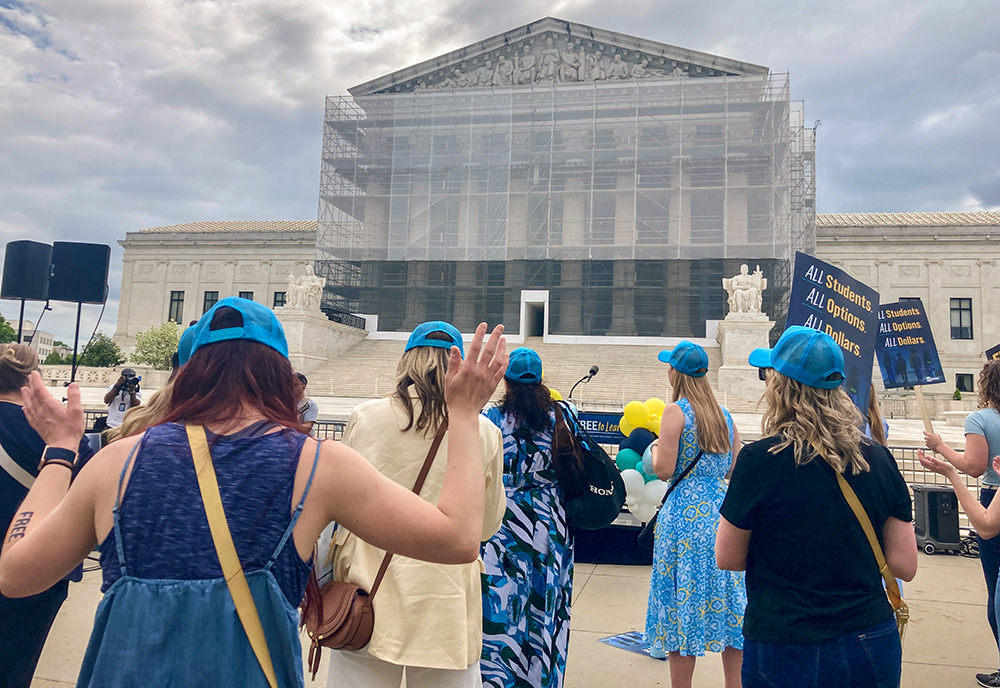Faith, Education, and the Constitution: Supreme Court Weighs Landmark Charter School Funding Case

A groundbreaking educational initiative is taking shape in Oklahoma with the proposed St. Isidore of Seville Catholic Virtual School. Championed by the state's Catholic leadership and recently approved by the Charter School Board, this innovative online institution represents a bold approach to faith-based digital education.
Unlike traditional virtual schools, St. Isidore of Seville is uniquely positioned to deliver a curriculum deeply rooted in Catholic teachings. The school's mission goes beyond standard academic instruction, embracing a clear commitment to spiritual formation and evangelical outreach. By leveraging digital technology, the school aims to provide students with a comprehensive educational experience that integrates academic excellence with profound religious principles.
The virtual school's approach signals a significant moment in the intersection of faith, education, and technology, offering a new model for Catholic education in the digital age. Its establishment reflects a forward-thinking strategy to engage students through modern learning platforms while maintaining a strong commitment to religious values and spiritual development.
